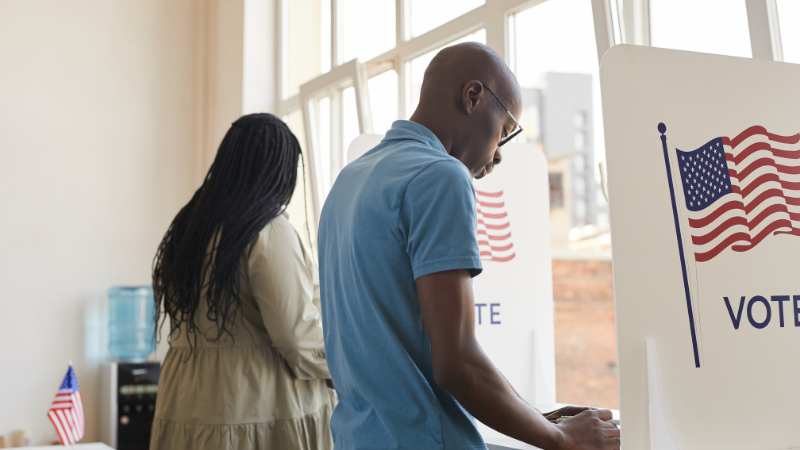(SQAUK) — Kamala Harris has stirred up controversy with her proposal to provide Black men with $20,000 in forgivable loans as part of her “Opportunity Agenda.” The initiative, designed to empower Black men economically, has faced sharp criticism for being perceived as an attempt to secure votes in the upcoming election.
According to Harris’s campaign, the plan aims to offer up to one million loans, which would be entirely forgivable, to Black entrepreneurs and those from underserved communities. Supporters argue that it’s an effort to address long-standing economic inequalities. However, critics are calling it a blatant form of political manipulation. With the potential impact of these loans on Black male voter turnout, Harris’s bold move has led to accusations that she is using taxpayer dollars to influence election results directly.
These forgivable loans amount to $20 billion in potential federal spending and are presented as part of Harris’s larger plan to promote entrepreneurship among Black men. However, critics argue that the timing and structure of the loans—completely forgivable with little oversight—seem to be a deliberate tactic to gain support from a critical group of voters who have been showing less enthusiasm for the Democratic Party.
The proposal raises serious ethical concerns and has caused widespread outrage across the political spectrum. Critics argue that it represents a significant example of political corruption, with large sums of forgivable money being seen as a tactic to secure votes rather than promote economic empowerment. Some have gone so far as to label it a “cash-for-votes” scheme disguised as a policy initiative.
As the 2024 election approaches, Harris’s move could either strengthen her campaign or fail dramatically, raising concerns about her candidacy. Regardless of the result, the ongoing debate on the ethics of election campaign strategies, fueled by the controversy surrounding these loans, is a topic that will keep the audience engaged.



